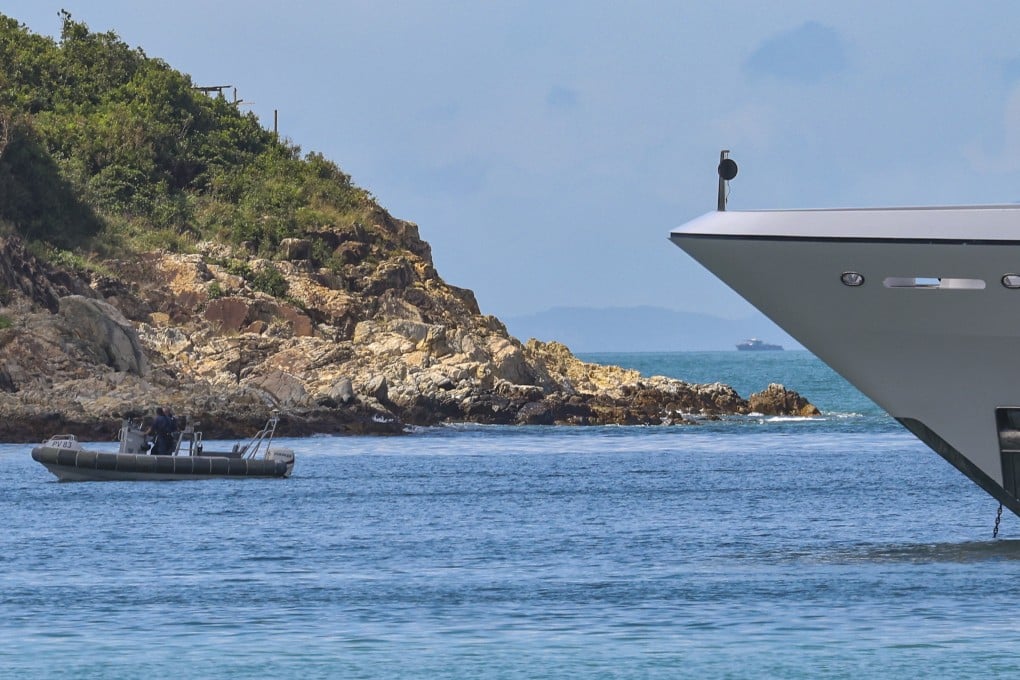Editorial | Any efforts to protect marine mammals are worth considering
Giving the code of conduct for dolphin watching legal authority and broadening it to cover whales and porpoises is a sensible start

In the last two weeks of July 2023, Hong Kong was abuzz with news of a whale being spotted in waters near Sai Kung. Boaters flocked to the area to see if they could catch a rare sighting of a Bryde’s whale, not normally seen in Hong Kong waters. By July 31, it was dead, killed by propeller wounds. The public outrage that followed was warranted, and the government began considering actions to toughen up protections for marine mammals.
A response came last month as the government reviews legislation to protect marine mammals. The Agriculture, Fisheries and Conservation Department suggested that it be granted new powers to temporarily block off city waters for protection when non-resident cetaceans – whales, dolphins or porpoises – stray into them. It also proposed putting legal teeth into a now voluntary code of conduct for dolphin watching and studying a full ban on watching.
Any efforts to protect the majestic creatures are well worth considering if they can help to head off another tragedy. Sailing instructors first spotted the 8.2m Bryde’s whale on July 13 last year. It disappeared during Typhoon Talim, then reappeared on July 21. Thousands of spectators boarded chartered vessels and sightseeing boats to see the whale. Some were spotted gathered together just metres away from the mammal. Fishermen discovered its carcass 10 days later. A necropsy found two fresh wounds cutting deep into its back, reaching the spine, were severe enough to cause instant death.
Giving the code of conduct legal authority and broadening it to cover whales and porpoises seems a sensible start. The code recommends no more than a single vessel come within 500 metres of the marine mammals, slowing to no-wake speed, and stopping completely when within 100 metres. Wilfully disturbing a marine mammal can lead to up to one in year in prison and a fine of HK$100,000 under the Wild Animals Protection Ordinance.
The proposal to establish a temporary cordon should be studied thoroughly for feasibility and effectiveness before it is seriously considered. A complete ban on whale or dolphin watching seems extreme, though the merits, challenges and enforceability are at least worth studying so that an informed decision can be made as to whether it should be adopted.
In another bid to strengthen protections for marine mammals, the city has established its largest park off north Lantau Island near Hong Kong International Airport to support the Chinese white dolphin. The department said the 2,400-hectare park, first proposed in 2016 as mitigation for building of the third runway, was next to a Guangdong province dolphin reserve zone. Conservationists are sceptical and research has found the population greatly diminished, but efforts to protect habitat should be welcomed.
